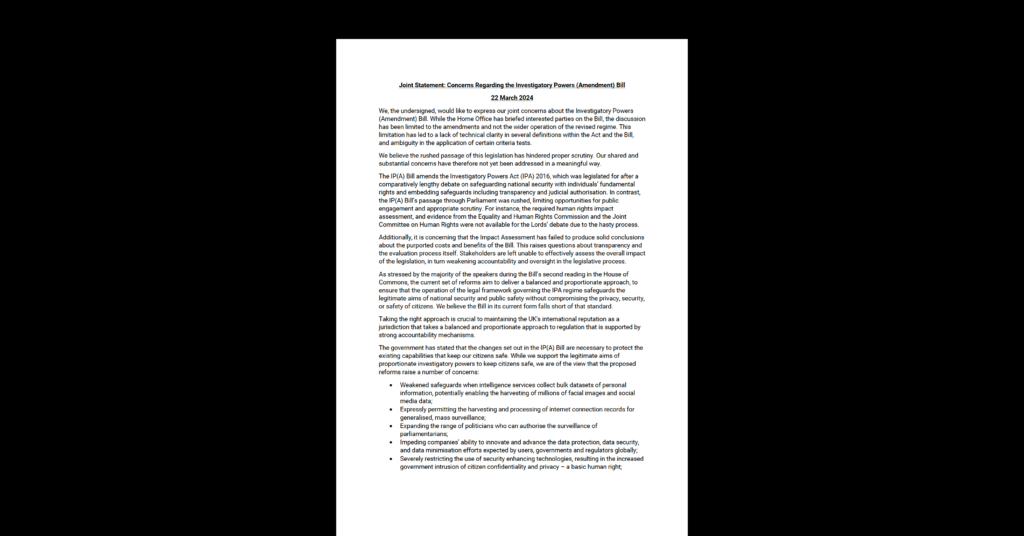European Policy, Open Internet
Concerns on the European Commission’s Proposal for a Directive on Copyright in the Digital Single Market
The Center for Democracy and Technology (CDT) continues to advocate for a progressive, innovation-friendly, and flexible copyright regime in the EU. CDT has advanced these arguments for several years in response to European Commission consultations on copyright, ancillary rights, notice-and-action, and enforcement. However, the European Commission’s proposal for a Directive on Copyright in the DSM does not deliver on these objectives. Not only is the Directive a missed opportunity to harmonise and modernise key aspects of the European copyright framework, but some provisions are a step backwards and would have serious consequences for the internet as an open platform for free expression, access to information, and innovation. These proposals hinder, rather than advance, the European Commission’s stated objectives for the Digital Single Market Strategy.
Our concerns are:
- A provision that forces internet intermediaries to use content identification technology to prevent users from uploading unlicensed copyrighted content (Article 13 of the proposal for a Directive on copyright in the Digital Single Market). This is a dramatic erosion of the liability protections in the E-Commerce Directive. It is likely to create new legal uncertainty as well as risks and costs for a broad range of intermediaries large and small;
- An ancillary right for publishers, enabling them to charge licensing fees for links to their content (Article 11 of the proposal for a Directive on copyright in the Digital Single Market). This misguided attempt to help newspaper publishers access new funding streams has failed both in Germany and Spain; and
- A new exception for text and data mining (TDM) limited to public interest institutions (Article 3 of the proposal for a Directive on copyright in the Digital Single Market). If not expanded to other entities and purposes (e.g. journalism), the exception could potentially restrict the advancement of EU competitiveness and research.
Attached, we offer a brief analysis of these provisions. With regard to Articles 11 and 13, the problems are so severe that it would be preferable to remove the Articles and associated Recitals completely. Article 3 should be amended with a broader exception.


